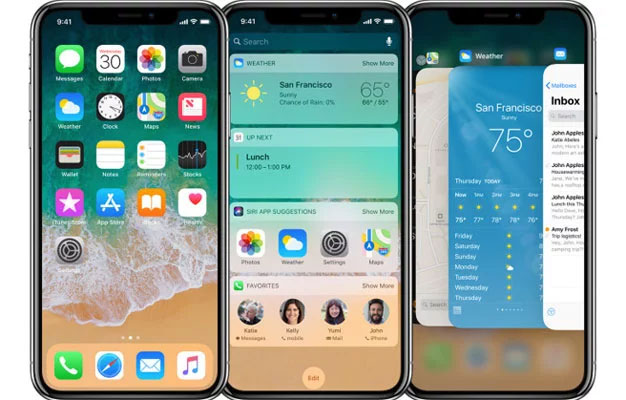Apple Smacked With $25K Per Day Fine In Ongoing Qualcomm Antitrust Case
Apple and Qualcomm are continuing to fight it out in court over patents and the huge sums of money that go along with licensing them for use in mobile devices today. The most recent turn of events in the Qualcomm vs. Apple case in courts right now came this week when U.S. Magistrate Judge Nathanael Cousins hit Apple with sanctions for being slow in turning over documents that were requested in the FTC’s lawsuit against Qualcomm. The lawsuit accuses Qualcomm Inc. of forcing Apple to use its chips exclusively inside devices like the iPhone and iPad.

The judge in the case has hit Apple with a fine of $25,000 per day for each day that it fails to produce the evidence requested, starting on December 16. That sounds like a huge sum of money to be fined daily for we normal folks, but for Apple it's chump change. Apple actually made $25,000 every 16 seconds in its last fiscal year.
If by December 29, Apple has failed to turn over the requested documents, the fines will increase according to the court filing, although the filing doesn't say what the fine might increase to. Apple isn’t party to this suit despite that fact that Qualcomm and Apple are locked in bitter legal war over patents in other cases in court right now. Apple countersued Qualcomm last month, alleging that it was infringing on Apple patents with its Snapdragon processors. Qualcomm earlier this month alleged that Apple was infringing on patents that it had purchased from Palm.
In the FTC case against Qualcomm, Apple was asked to produce over 2.6 million documents with a deadline set of December 15. The crux of the FTC suit are allegations that Qualcomm cut competition out of the market by making Apple agree to use only Qualcomm chips in exchange for lower licensing fees.
"We have already produced millions of documents for this case and are working hard to deliver the millions more which have been requested in an unprecedented time frame," Apple spokesman Josh Rosenstock said. "We plan to appeal this ruling."

